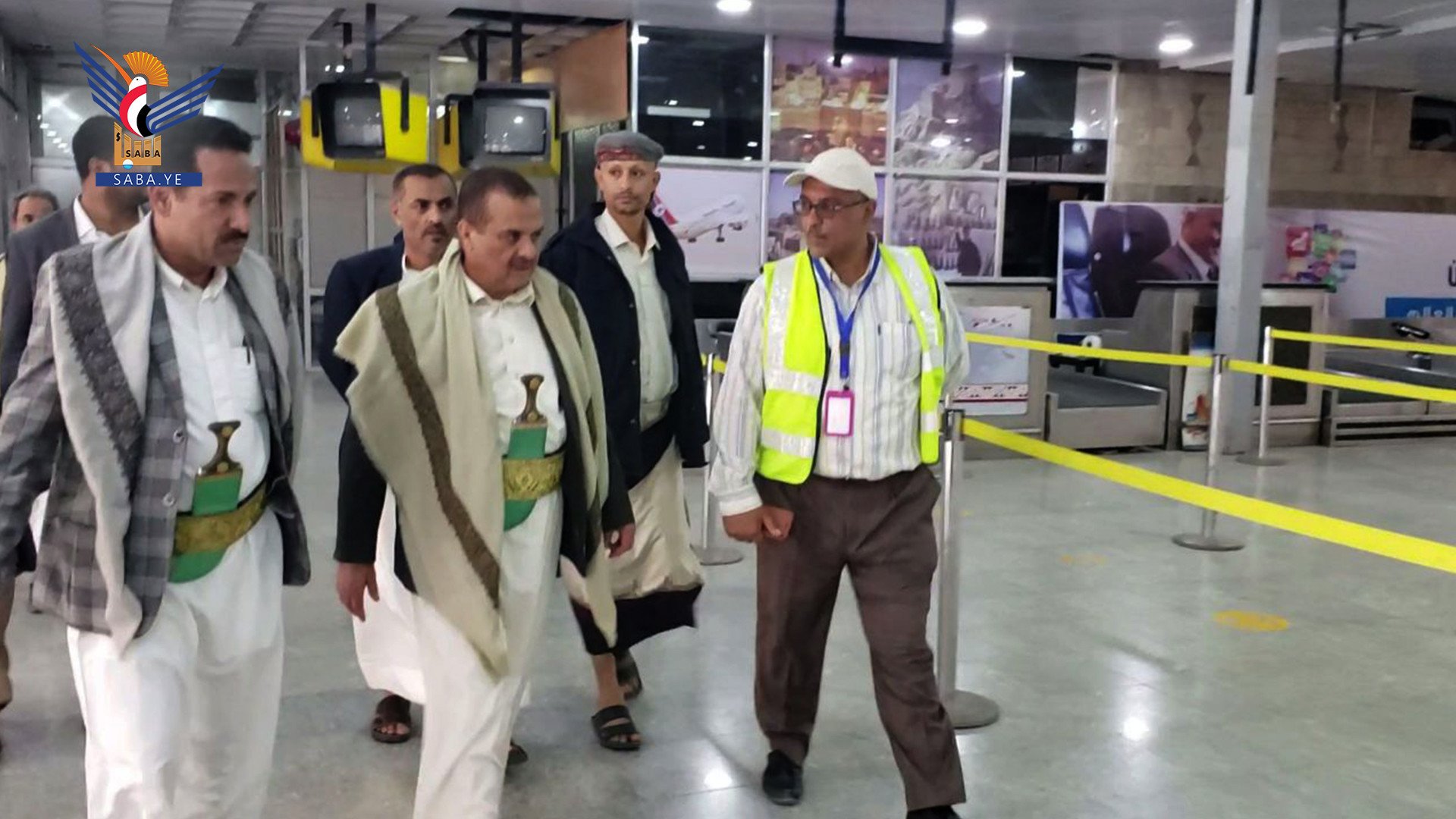2 diesel fuel tankers arrived in the port city of Hodeidah in south Yemen as the ceasefire between the Houthis, the country’s controlling faction, and the US-financed, Saudi-led Arab Coalition continues holding into its 6th week.
Entering into force at the start of April for Ramadan, it is the longest cessation of hostilities since the war began in 2015, and according to monitors like the Yemen Data Project, there were no Saudi airstrikes in the entire month of April.
The fuel tankers are providing much-needed electricity to a country on the brink of famine, and are part of 18 such shipments that were allowed to enter the country under the truce terms since the start of the ceasefire.
Commercial flights at Sana’a Airport are also resuming, with two scheduled flights out and into the country per week under the terms, excluding shipments of aid, which can total 6 or 7 per day. Also included was a lifting on the government-in-exile held city of Taiz.
Another major flashpoint was the Yemen government agreeing to allow Yemeni nationals with passports issued by the Houthis to travel internationally.
At the start of the ceasefire, the Saudi-recognized government in exile did not allow Houthi-issued passports to be valid. Along with allowing more aid workers into the country, the resumption of air traffic will hopefully bring diplomats.




